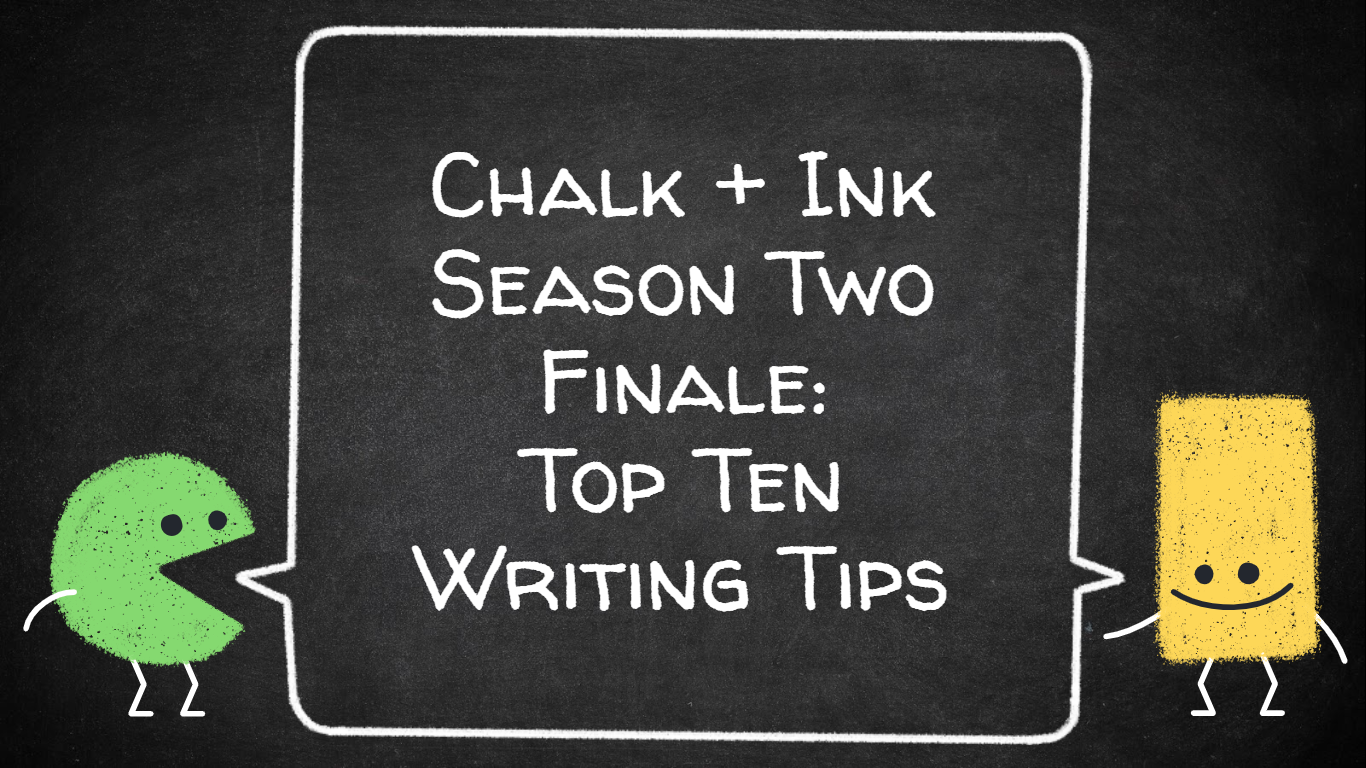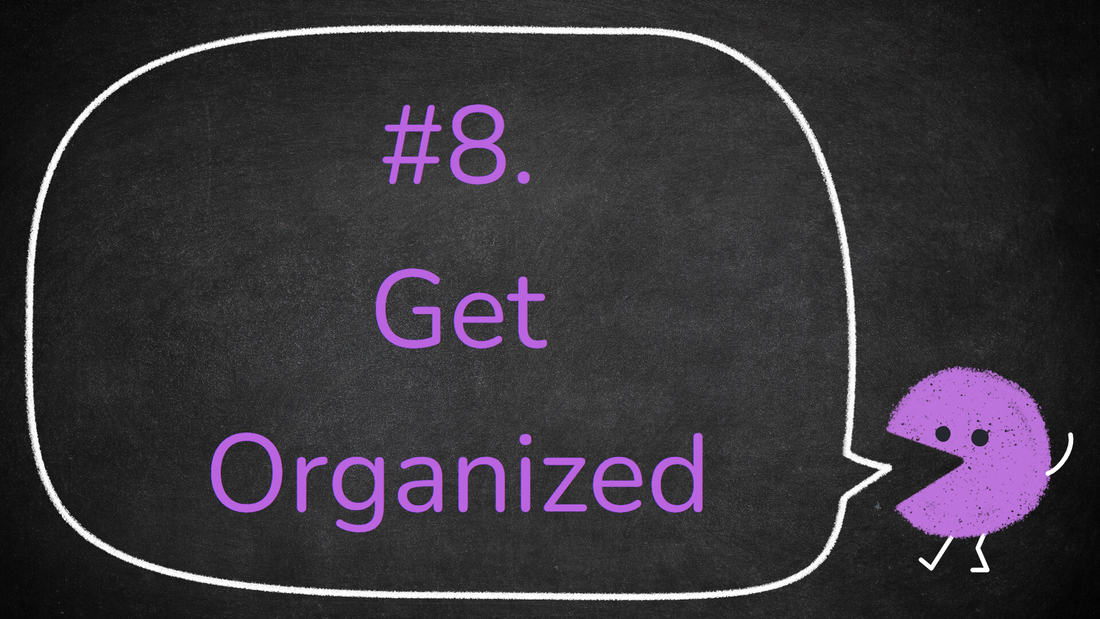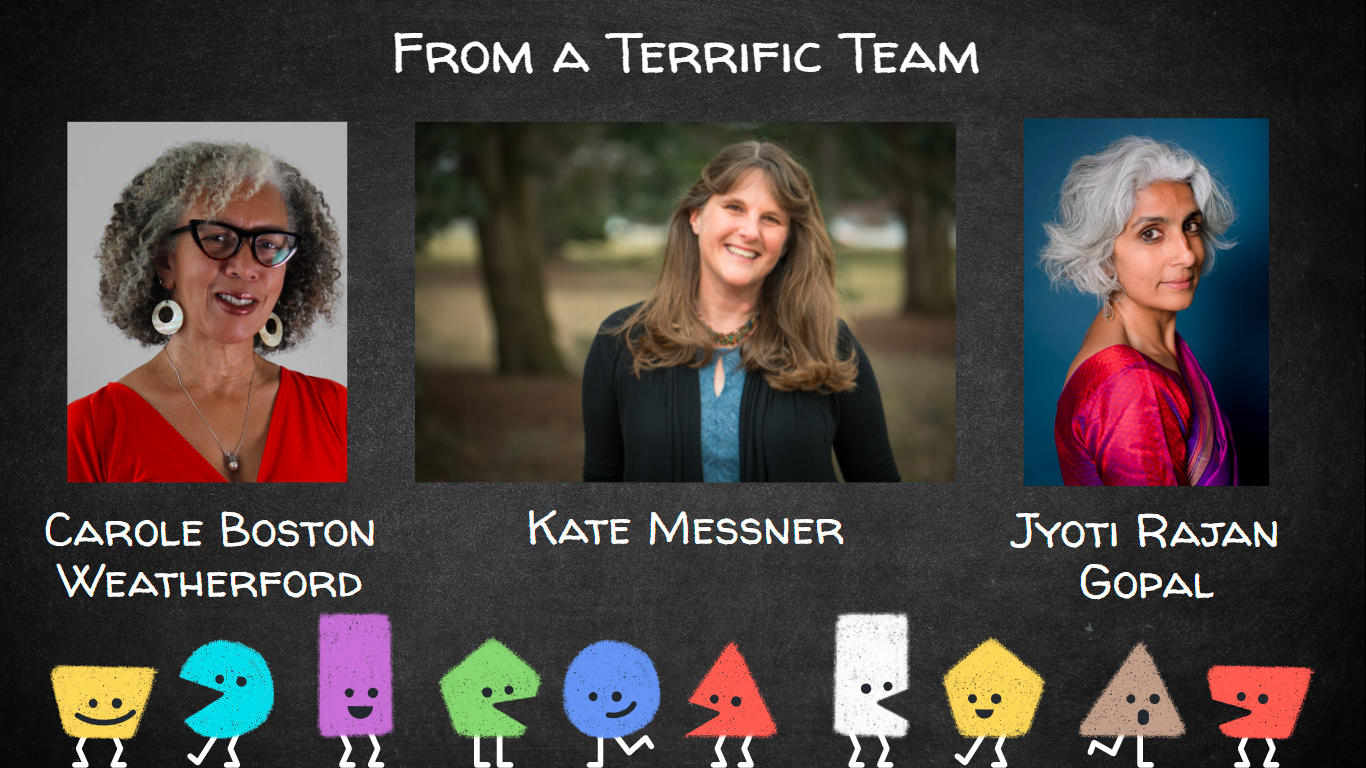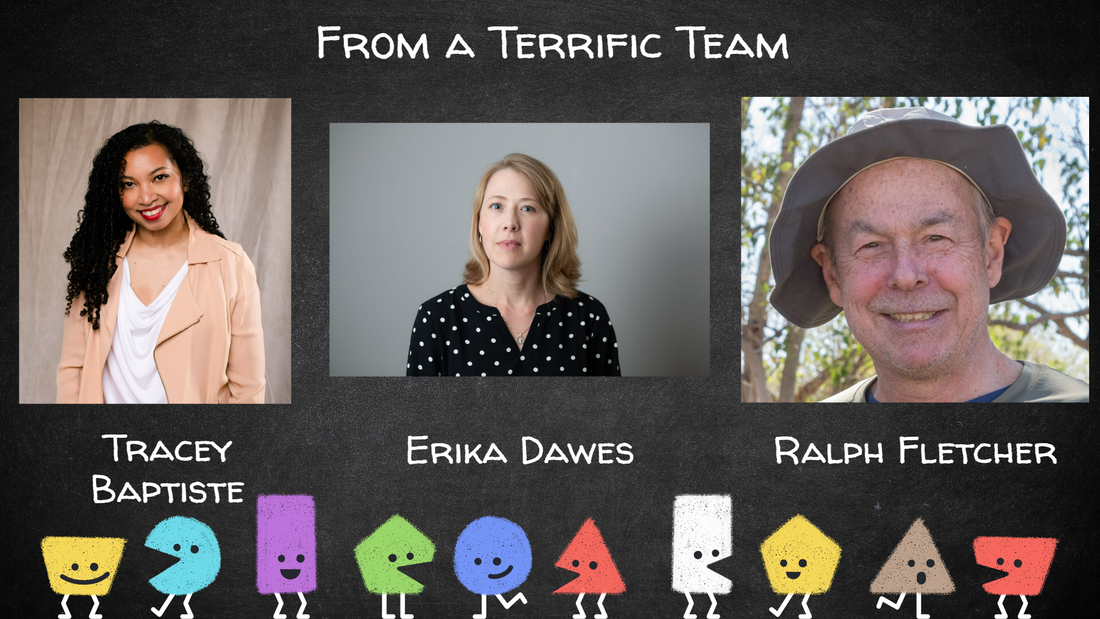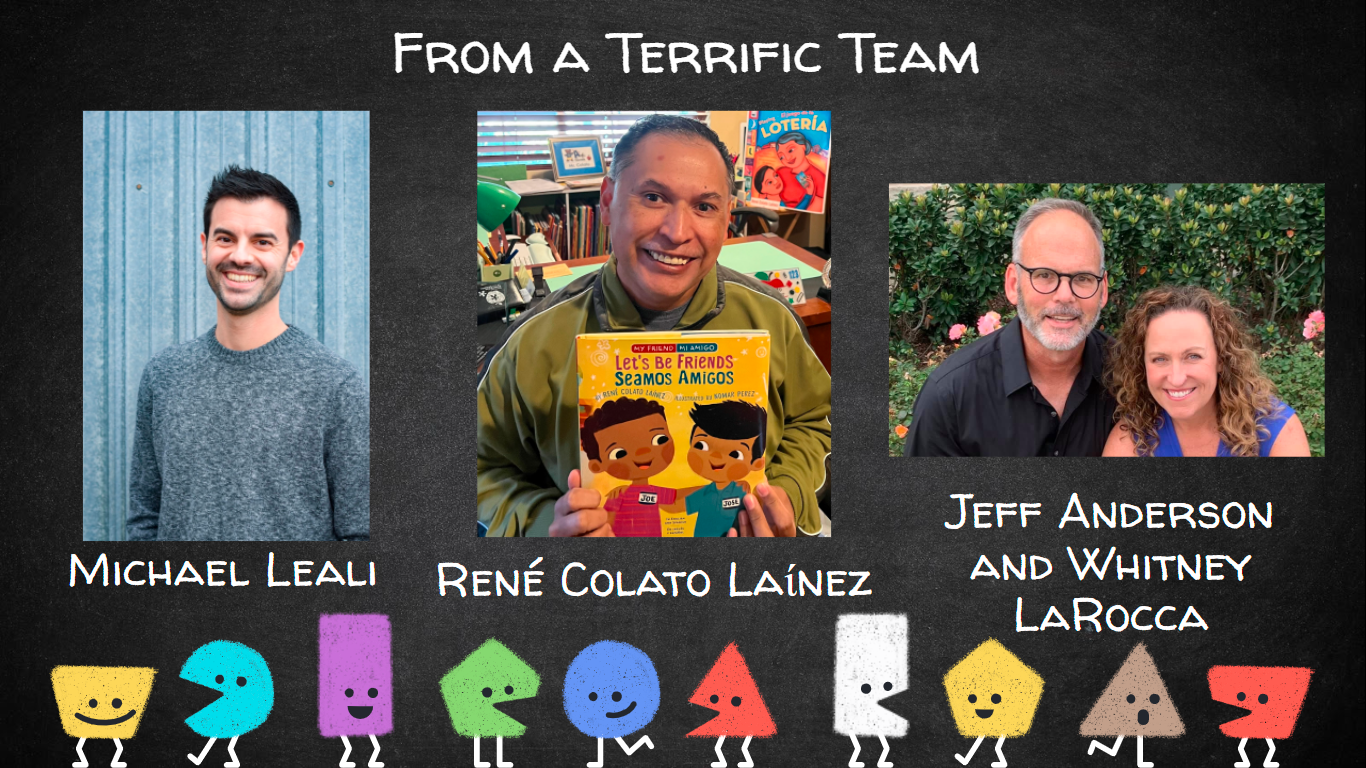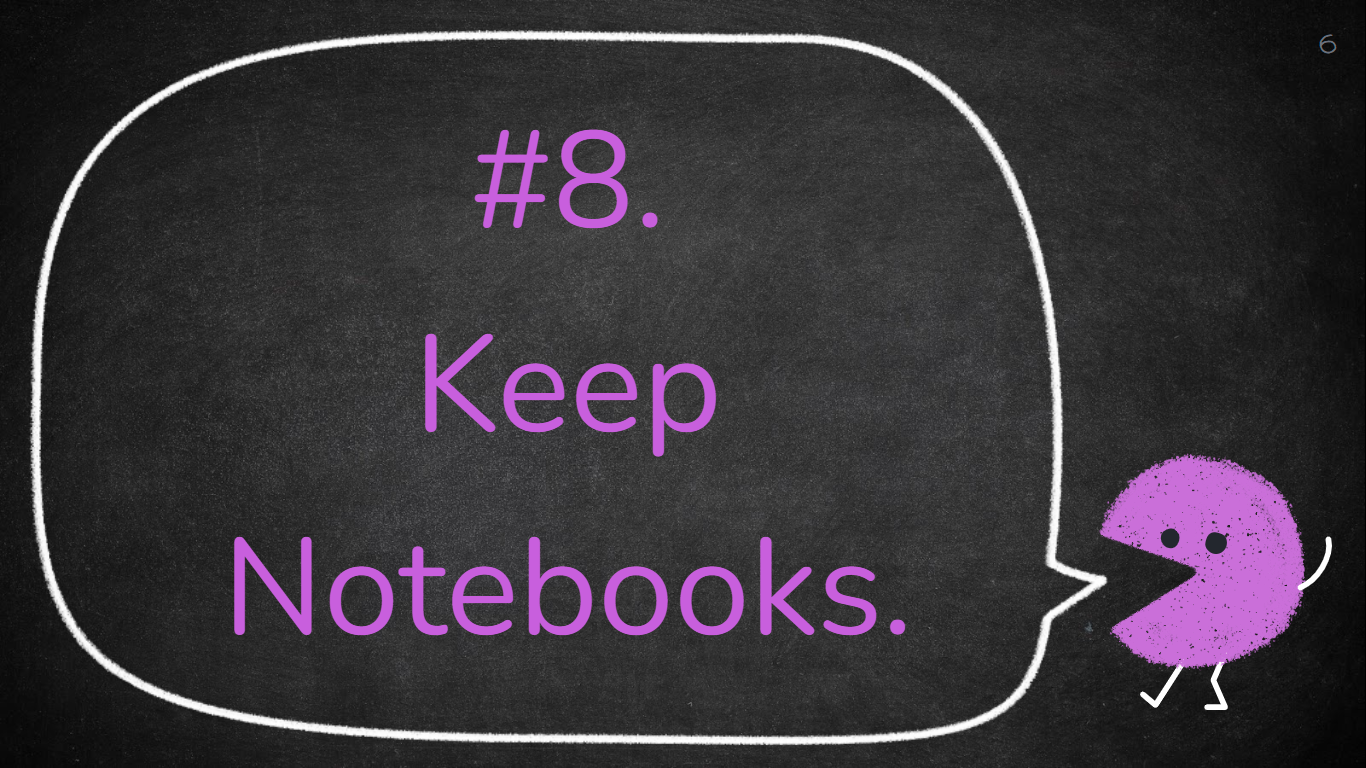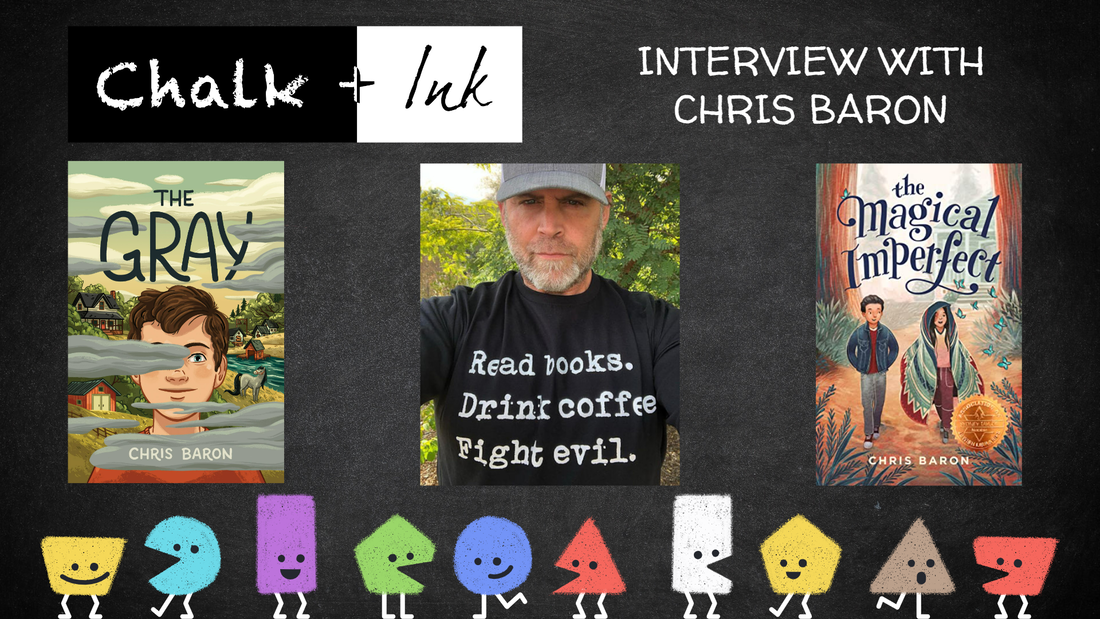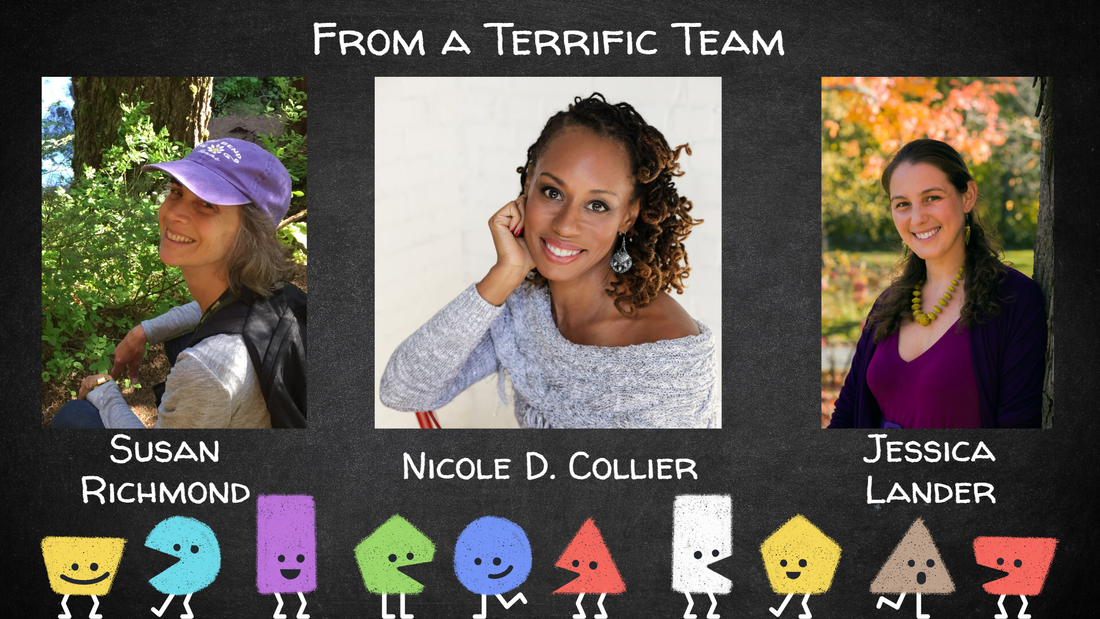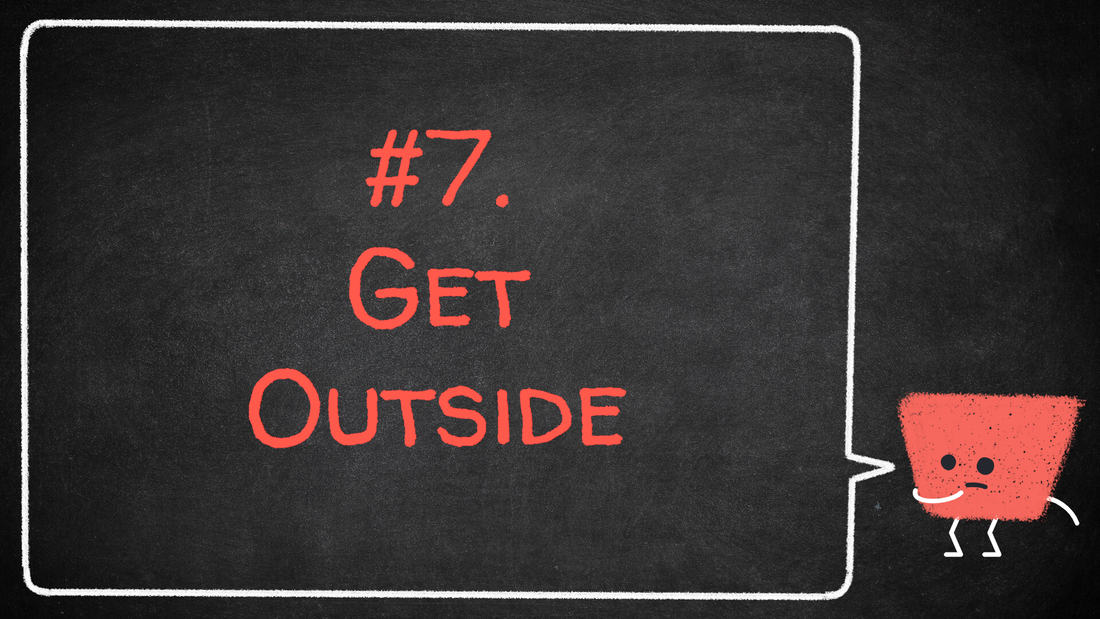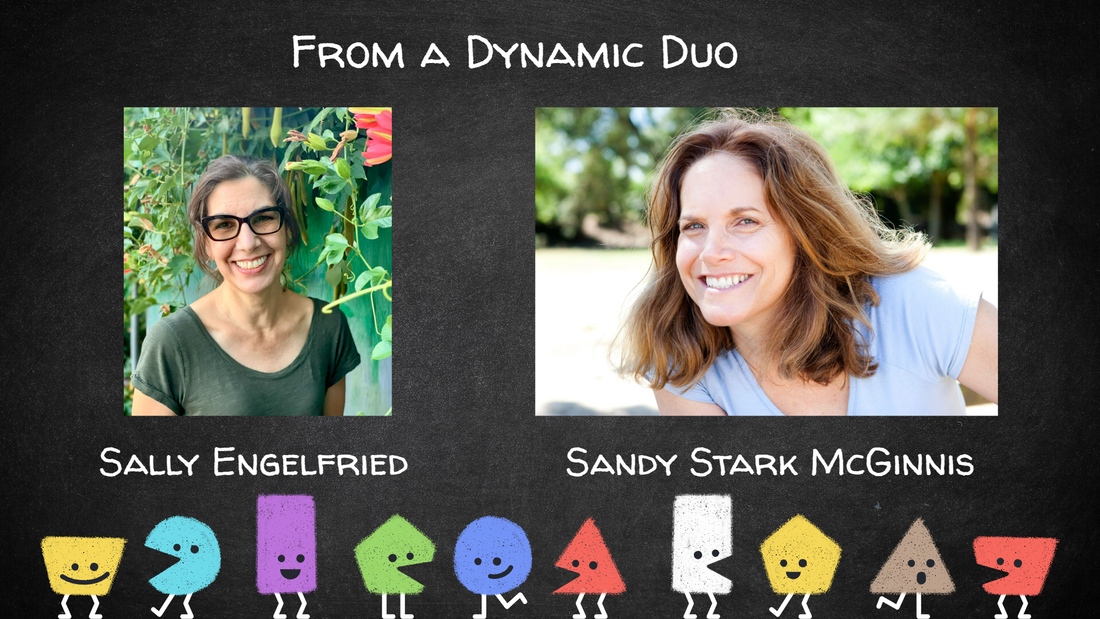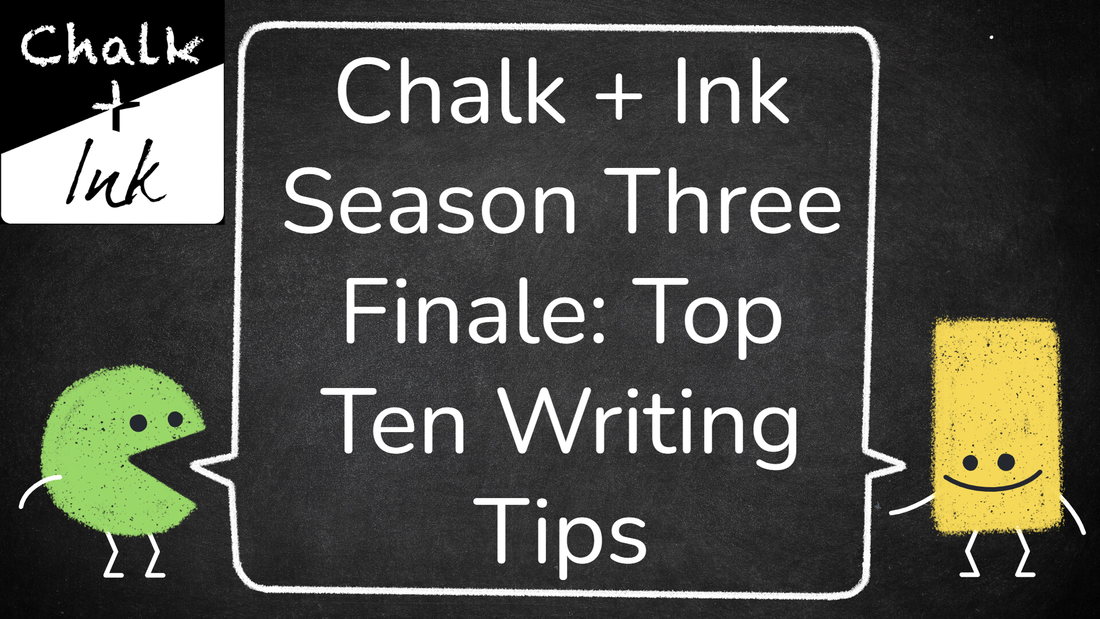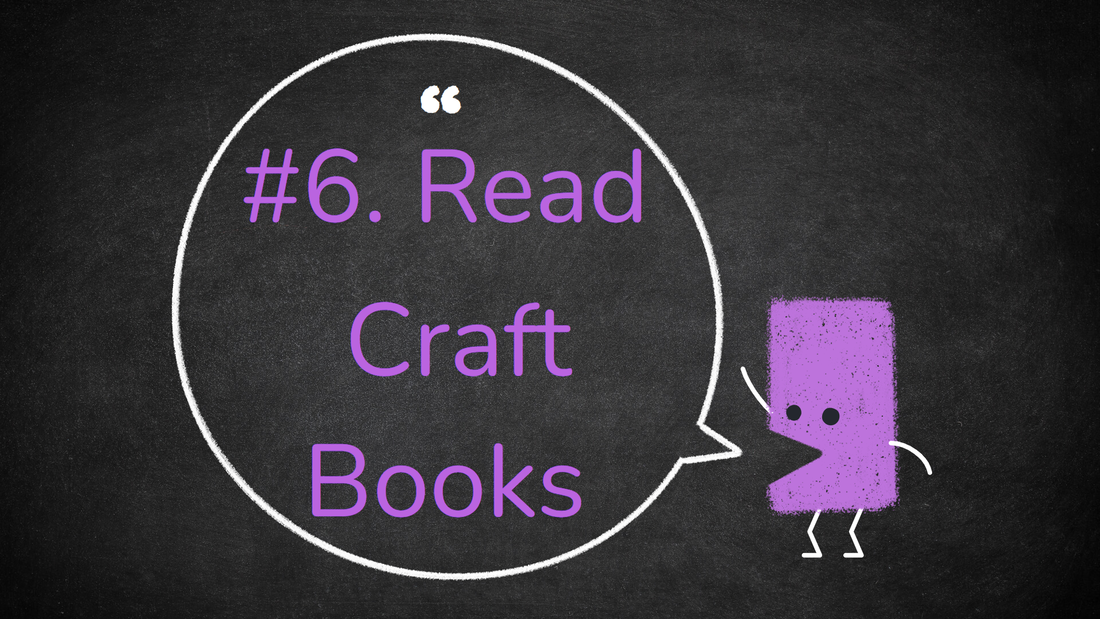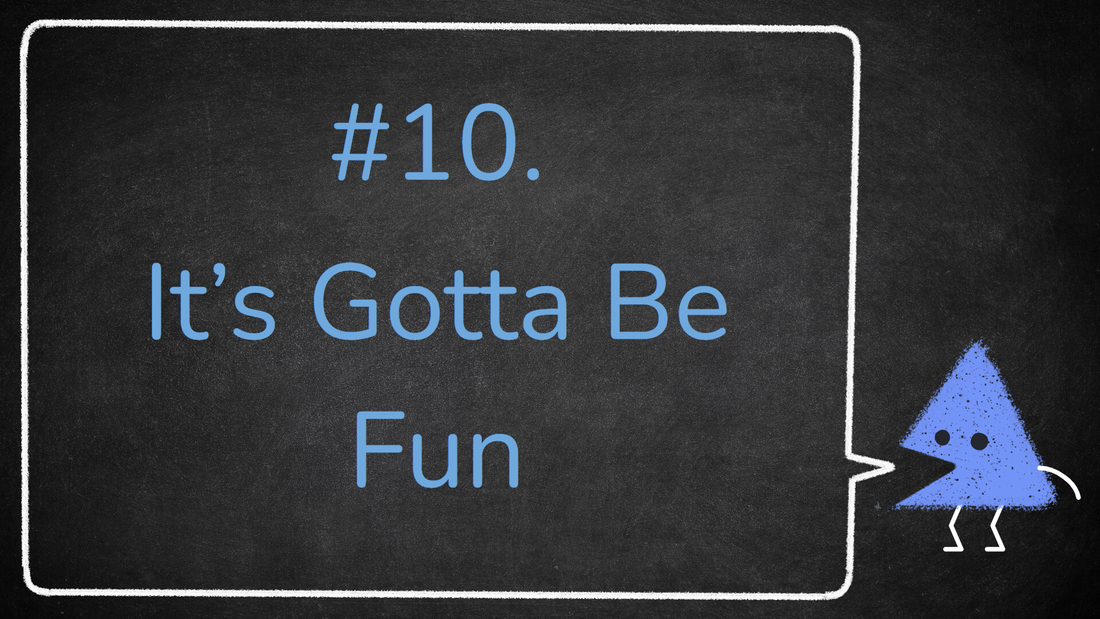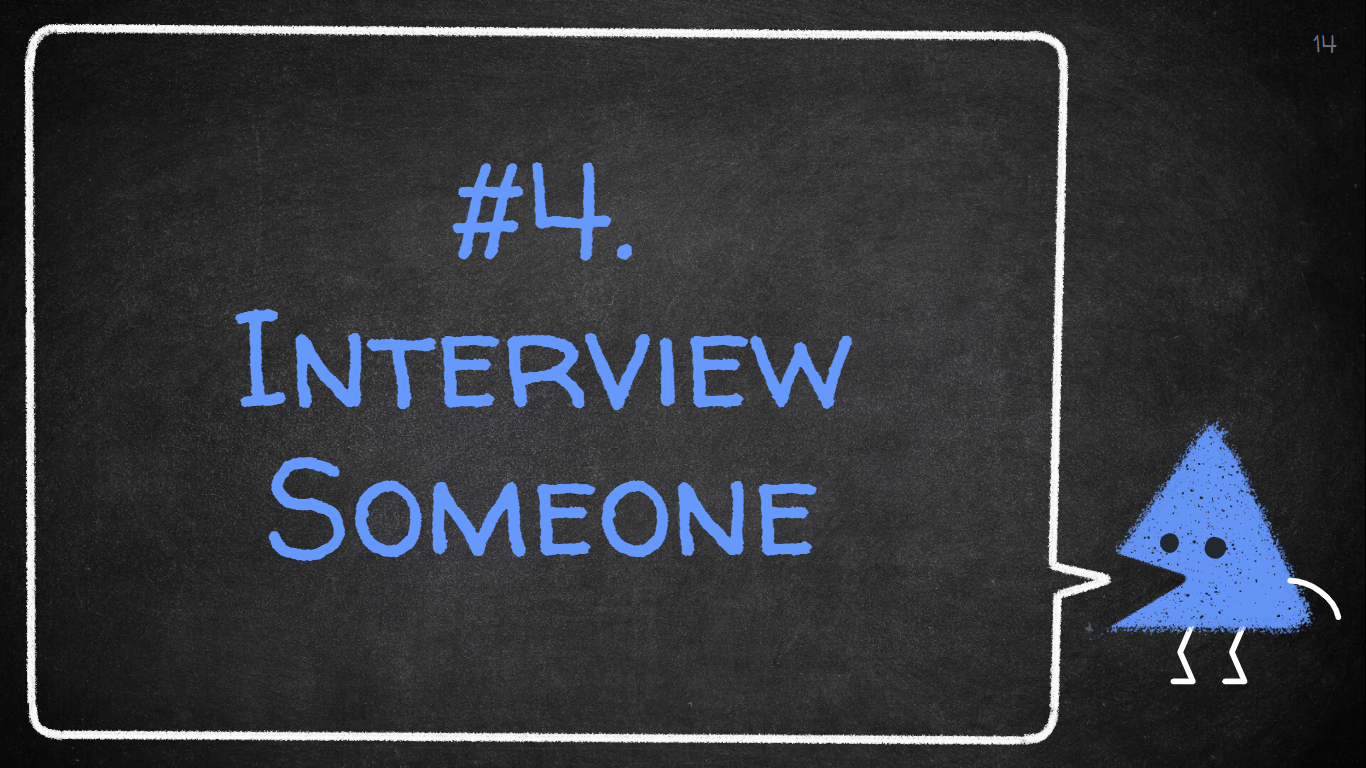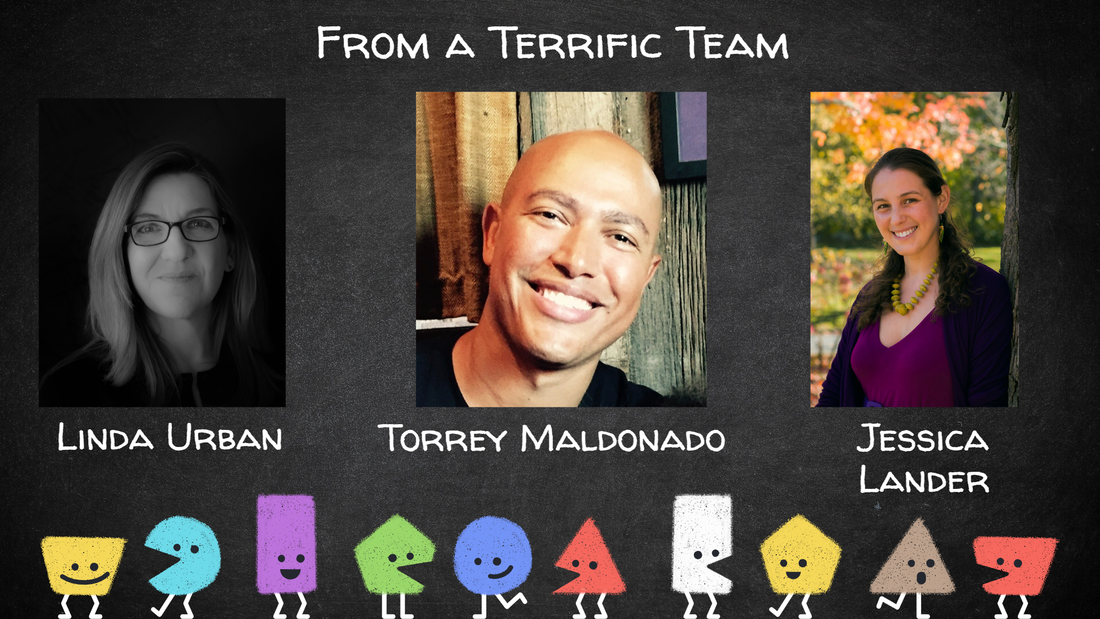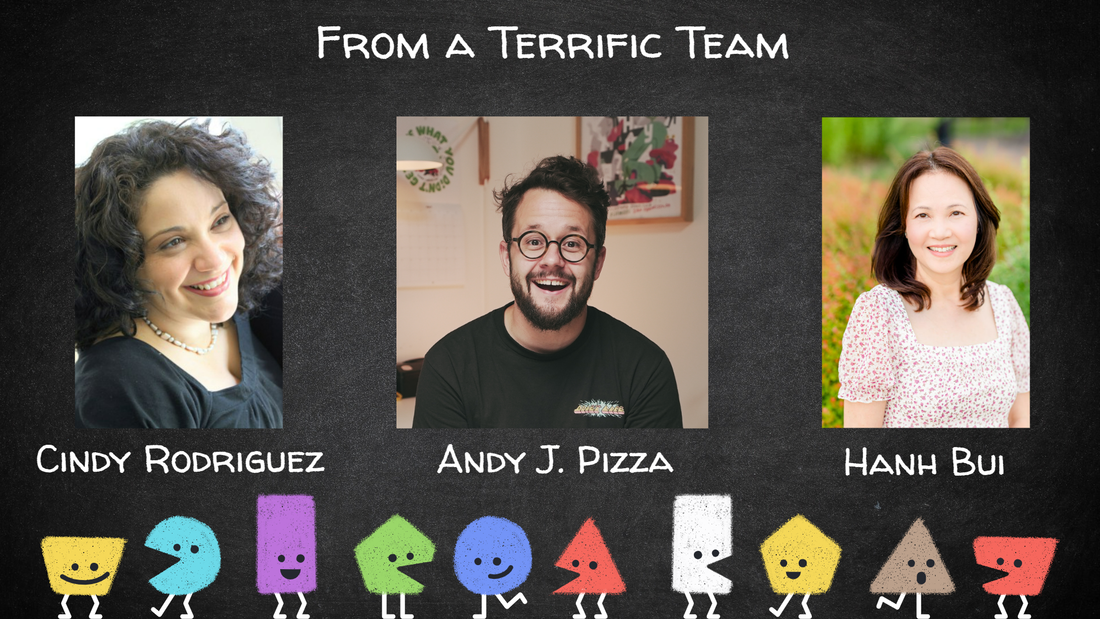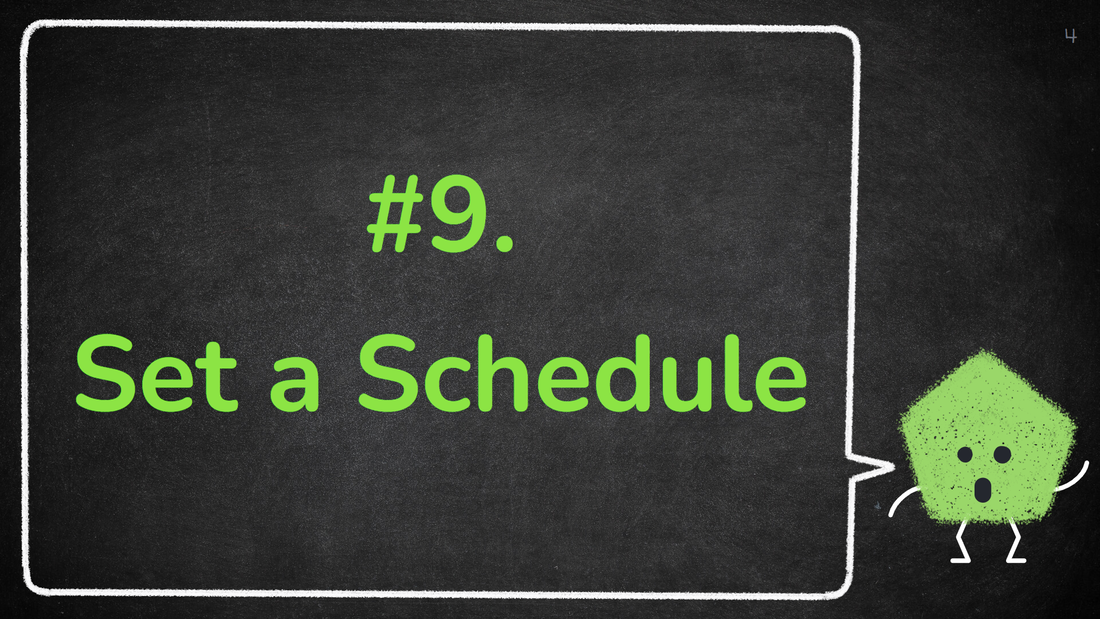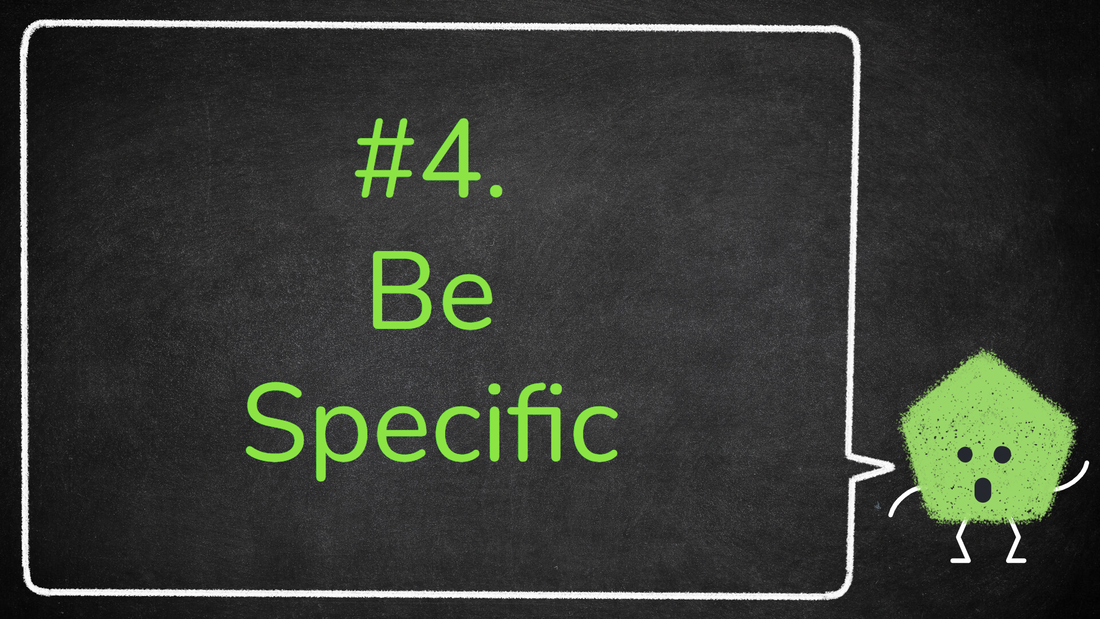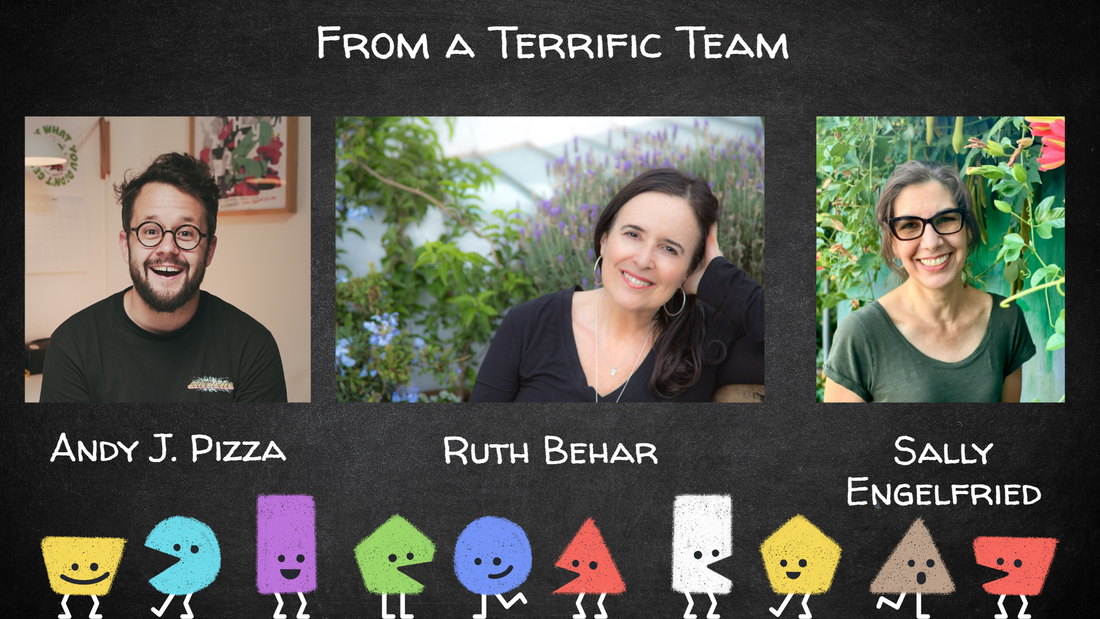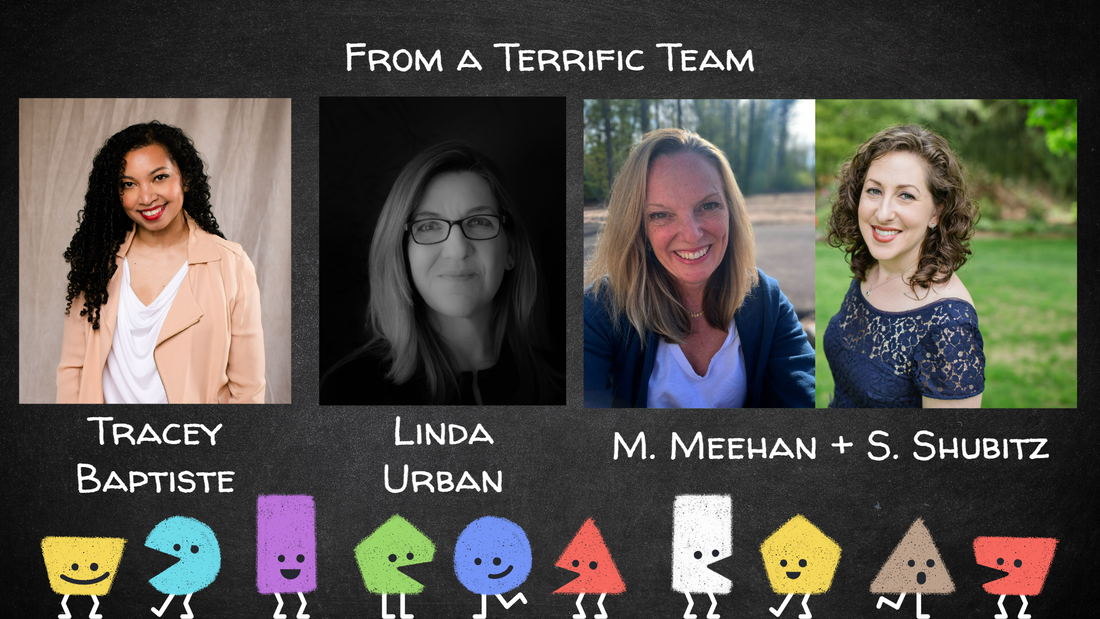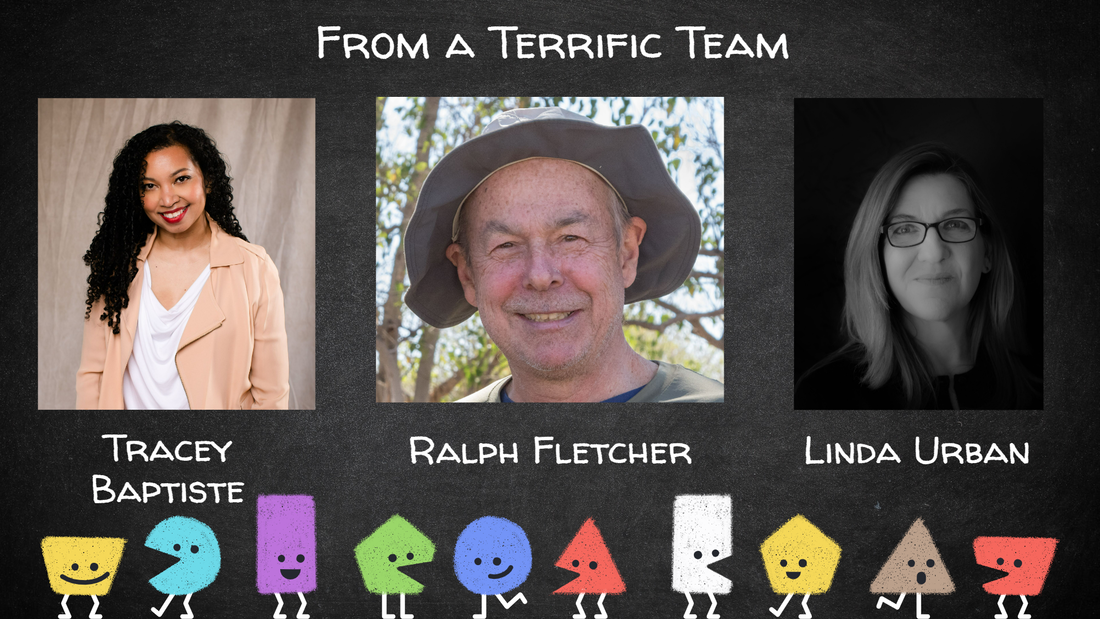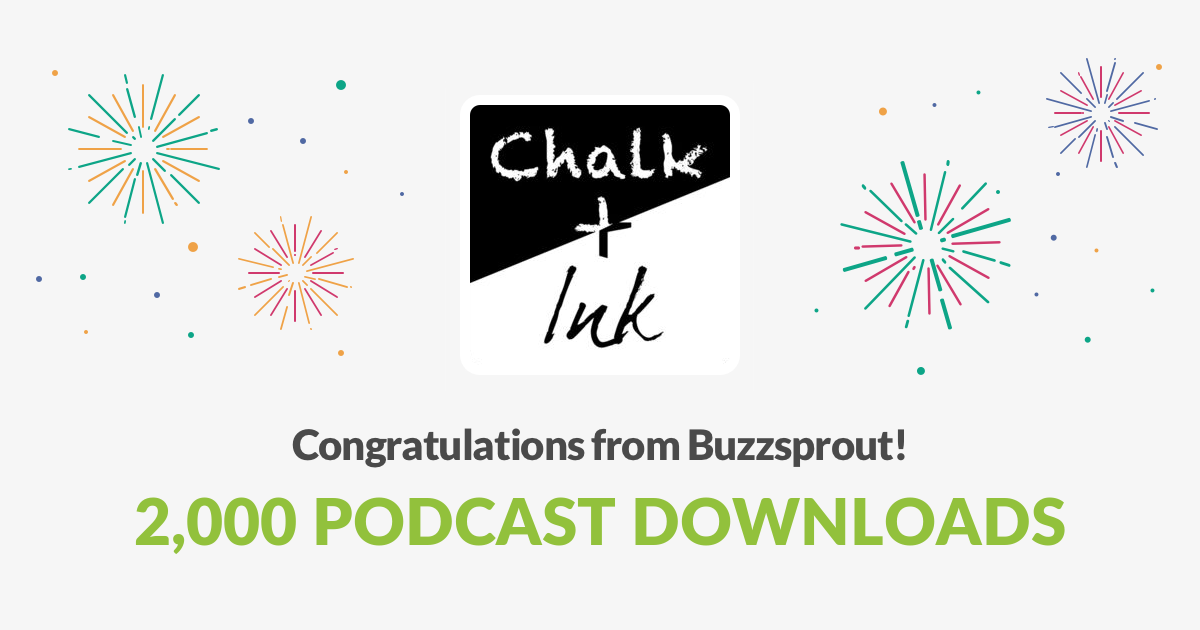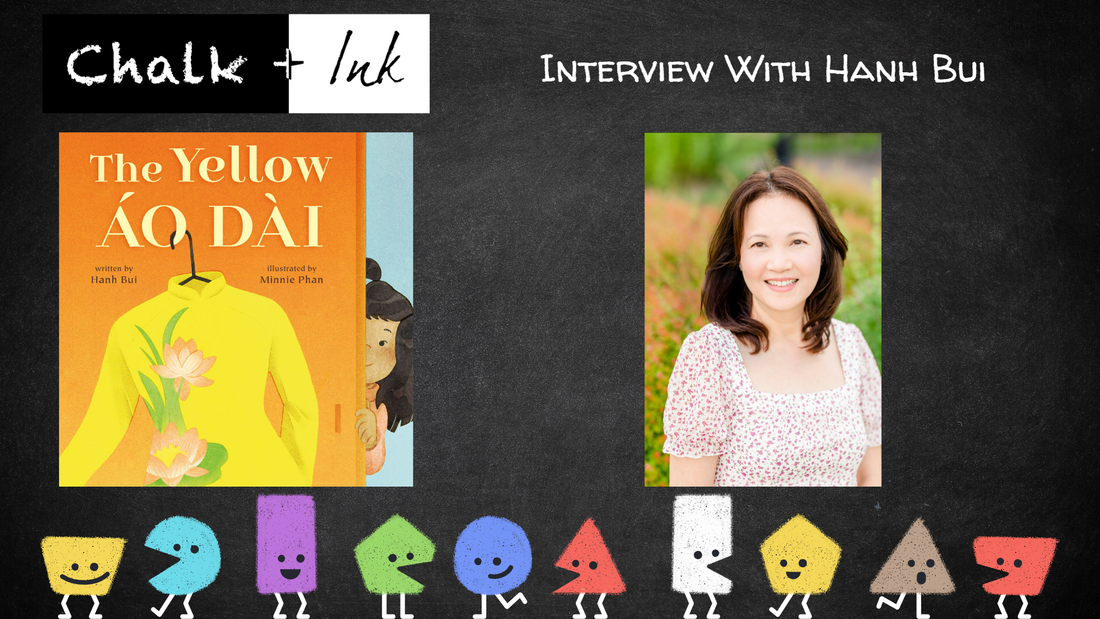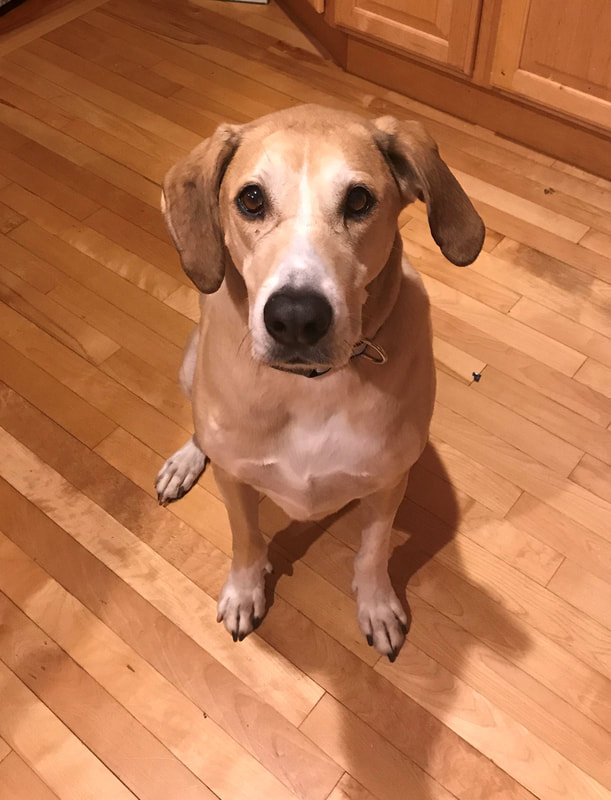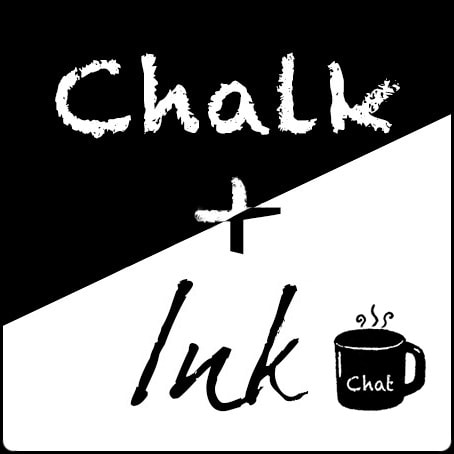|
It’s the season two finale. That means it’s time to give everyone a jumpstart on their summer writing. I’ve compiled the top ten writing tips from this season’s guests to help get listeners psyched up for a creative, productive summer. This episode embodies the reason this podcast exists. You count. You matter. Your creativity counts. Your happiness matters. It’s time to pour all the energy you channel into teaching during the school year into your creative process. Whether you are a budding or a blooming writer, these tips will help you deepen your creative practice. You’re probably thinking, wait a minute! Didn’t you just say to channel all my classroom energy into my writing? Yes, I did. But the truth is I’m teaching till June 21st. So, while I’d like to make a 100% shift, I can’t right now. But I can follow in Carole Boston Weatherford, Kate Messner, and Jyoti Rajan Gopal’s shoes and strengthen my craft by writing alongside my students. This tip starts at 52 seconds. So you’re feeling energized from writing alongside your students. Now, it’s time to fuel the fire by working in an invigorating space. Michael Leali, René Colato Laínez, Whitney LaRocca and Jeff Anderson talk about where they get their best work done. This tip starts at 5 minutes and 27 seconds. So you’ve soaked up your students’ energy, you’ve further energized yourself by writing in a new space, and you’re ready to start a new project. Where do you find ideas? In notebooks. Don’t panic, if you have never kept a notebook, Whitney LaRocca will tell you an easy way to get started. If you’re an advanced writer, don’t skip this tip, because Loree Griffin Burns does notebooks like nobody else. This tip starts at 10 minutes. Now that you have all these amazing ideas in your notebooks, you’re ready to try one out. Try something different and instead of drafting your picture book manuscript on the computer, draft it in a dummy. April Jones Prince tells listeners how to create a dummy and shares how she uses them to draft. Then, Marcie Flinchum Atkins explains how to use dummies to see whether or not your manuscript will pass muster with school librarians. This tip starts at 15 minutes and 1 second. Dummies work great for picture books. But how do you plot out chapter books or novels? Zetta Elliott shares a loose way to outline novels and Ruhksanna Guidroz explains how to create a plot grid to make sure all plot threads are present throughout the book. This tip starts at 18 minutes and 21 seconds. It’s funny because tip number five for our Season One Finale was “Find Your Voice.” Zetta Elliott and Veera Hiranandani both talk about how to find voice in their episodes this season. But this tip is about how to make your voice stronger. Listen to Michael Leali and Veera Hiranandani describe how they chose certain points of view to lessen the emotional distance between the reader and their characters. Then, follow Lisa Stringfellow’s advice and be mindful of your word choice and sentence length so that you create a consistent, authentic voice. This tip starts at 23 minutes and 48 seconds. Maybe you’ve made dummies, plot grids, played with point of view and something still isn’t working. Try interviewing someone. It works for nonfiction and fiction. First we’ll hear from Kristen Nordstrom, the prize-winning author of Mimic Makers, and then we’ll hear from Tina Athaide, the award-winning author of Orange for the Sunsets. Here’s Kristen. This tip starts at 30 minutes and 1 second. Maybe you’re thinking whoa… I’m at the beginning of my writing career. I’m nowhere near the stage where I’m going to write a novel. That’s fine. Everyone is on a different path and at a different stage of their journey. Pernille Ripp is an accomplished public speaker and an author and she started by blogging, openly and honestly, about her classroom practice. This tip starts at 34 minutes and 5 seconds. Maybe you’re thinking, I’m not teaching over the summer, so how can I blog about it? Why not blog openly and honestly about your writing process? Why not share with others how writing is about progress, not perfection? Why not talk about the mistakes you made to make it easier for the people who have yet to begin their writing journey? If you’re not interested in publicly sharing about your writing or teaching process or if it feels like too much to commit to blogging by yourself on a regular basis, then join a group blog or create your own group blog. In addition to producing Chalk + Ink, I blog for Teachers/Books/Readers. We’re a group of classroom teachers who blog about our students’ responses to recently published books. We’re looking for new bloggers. So, if you’re a classroom teacher and you’re interested, please reach out to me. Stop putting yourself into boxes that hold you back. Laurel Paula Jackson didn’t think she could be a concert pianist and write. Loree Griffin Burns didn’t think she could be a science writer and write about her personal life. Tina Athaide thought she could only call herself a writer if she were putting words on a page every day. This tip starts at 36 minutes and 30 seconds. Life is too short to put ourselves into boxes. It’s time to tear down the walls and see what awaits us. And if you’re super brave, combine this tip with tip number three, and blog about the busting out! You’re a writer and a reader, so you know that the beginning holds the end. This season’s writing tips started with writing alongside our students and it’s ending with following the advice we give our students and leading them by example. Listen to April Jones Prince and Erin Dealey. Then, if you’re still reluctant to get started because you feel as though you need someone’s permission to put pen to paper or your fingers to the keyboard, listen to what Pernille Ripp has to say and get ready to write. This tip starts at 44 minutes and 16 seconds. There are so many more invaluable writing tips in each episode of season two. I hope you’ll listen to each interview and take advantage of the invaluable knowledge each creator shared. Chalk + Ink will be back on August 26th, 2022 with the top ten teaching tips from the second season to get us psyched up for the 2022/2023 school year. Before we wrap up season two, I want to give another shout out to you. I started off this episode talking about how important you are, and I’m going to circle back to that same message because it’s true. I’m so honored to be on this journey with you. Chalk + Ink has over 2,000 downloads, has listeners in 6 continents, 26 countries and 479 towns and cities. Thank you so much for listening. Hey, before you go, I have a favor to ask. Chalk + Ink has one review on Apple. One is a whole lot less than 2,000. When you have one of those long, slow, summer moments, please take a minute to leave a positive review. Help spread Chalk + Ink joy. Have you read Melissa Stewart and Sarah Brannen’s Summertime Sleepers yet? If not, why not? It’s the perfect book to help you enjoy summer’s slower pace. Plus, you’ll be supporting Sarah, who does our podcast art. Happy writing and happy listening!
0 Comments
Interview with Author and Educator, Jyoti Rajan GopalThe creative and flexible, Jyoti Rajan Gopal, talks about the power of changing one word in a manuscript, exploring various storytelling modalities, and the magic of making a manuscript sound like music. The picture books that live in our hearts embody a feeling. It's fascinating to listen to Jyoti explain how she captured the sentiment of being caught between two cultures in her debut, American Desi, simply by changing the word "this" to "which." Sometimes revision means a complete overhaul. Other times, it means digging deep, figuring out why your heart is in your creation, and making sure each word mirrors that emotion. Jyoti taught kindergarten for years, and she's passionate about storytelling. She informs listeners that writing is so much more than pencils, crayons, and papers. What we're all trying to do is tell a story, and students do that in various ways whether it be while building with blocks or playing with one another during unstructured moments inside and outside of the classroom. Music has the power to transform not only our feelings, but our writing as well. Although Jyoti doesn't normally listen to music while writing, one day she put some music on while revising and magic happened. All of the sudden, she knew the manuscript had to sound like music and the right words flowed from her fingertips. Jyoti thinks all elementary classrooms should have the following authors' books: Carole Boston Weatherford-Listen to Carole's Chalk + Ink interview. Kelly Starling Lyons Kyle Lukoff Leah Henderson Matt de la Peña Nonieqa Ramos Rob Sanders-Listen to Rob's Chalk + Ink interview. Supriya Kelkar Finally, this episode is dedicated to my beloved hound, Buck. When Jyoti and I recorded this episode, he was still alive. But he was struggling and in the room where I record. Since I knew we had very little time together and because it was difficult for him to move, I let him stay. He was quiet until the end of the episode, when he barked. Normally, I would edit that sound out; however, I couldn't do it. I couldn't cut out his voice. So, you may want to turn down your sound around an hour and five minutes. As always, happy listening! |
Chalk + Ink ChatsWant to hang out with teachers who write and writers who teach? Fill this form to join our Archives
October 2023
Categories |
